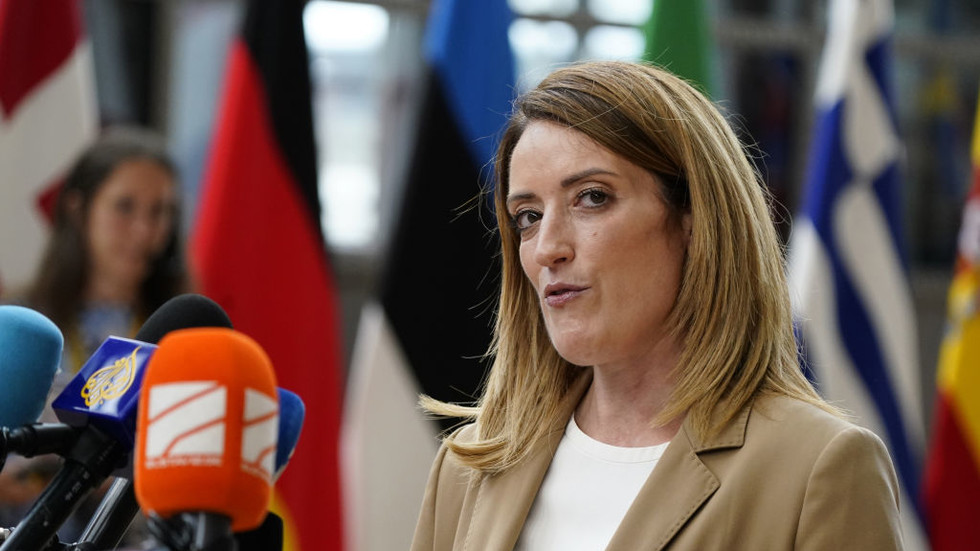EU Parliament Endorses Plan to Use Frozen Russian Assets to Arm Ukraine
In a significant development reflecting the ongoing tensions and shifting geopolitical landscape in Europe, the European Parliament has thrown its support behind a bold EU plan to repurpose the profits derived from Russia’s frozen sovereign assets to bolster Ukraine’s military capabilities. This decision represents a crucial phase in the European Union’s multifaceted response to the conflict in Ukraine that has persisted since Russia’s invasion in February 2022.
A Strategic Move Amid Prolonged Conflict
The move to allocate funds from Russian assets was formalized in June, after extensive deliberations and legal evaluations. The legislation, spearheaded by Brussels, aims to channel some of the interest accrued from these frozen assets toward providing essential weaponry—such as ammunition and aerial defense systems— to Ukrainian forces. According to official estimates, these assets, primarily held at the Brussels-based depository and clearing house Euroclear, generated €4.4 billion in interest in the previous year alone.
The support from the European Parliament was articulated through its first resolution post the EU parliamentary elections. Members of the European Parliament (MEPs) have committed to sustaining this support “for as long as it takes until victory.” The initiative underscores the EU’s steadfast commitment to aiding Ukraine in its struggle against Russian aggression.
Legal and Ethical Implications
While the European Parliament has endorsed these measures, it also calls for a robust legal framework to ensure that the confiscation of these assets is conducted within the boundaries of international law. The necessity for such a framework was highlighted in a press release from the Parliament, aiming to address concerns about the potential ramifications of asset seizure.
International Reactions
Russia has strongly condemned these actions, labeling them as “theft” and a breach of international law. The Kremlin has warned that such steps could provoke retaliation and exacerbate the conflict. Furthermore, Russian officials argue that the international community’s military support to Kiev only serves to prolong the hostilities.
Meanwhile, there are calls within the European Parliament to extend and reinforce the current sanctions against Russia and its ally Belarus. This includes measures to prevent the circumvention of these sanctions by third-party countries, illustrating the EU’s comprehensive strategy to isolate Russia economically and politically.
Broader Context
This decision marks a pivotal juncture in the West’s economic warfare against Russia, which has seen unprecedented sanctions targeting various sectors and individuals. The freezing of approximately €210 billion of Russia’s sovereign wealth by the EU forms a critical part of these sanctions. By repurposing the interest from these funds, the EU aims to both weaken Russia’s economic capabilities and strengthen Ukraine’s defense infrastructure.
The ongoing conflict has also sparked global economic ramifications, contributing to energy crises and inflationary pressures worldwide. The EU’s strategy to utilize frozen Russian assets is thus not only a direct aid to Ukraine but also a broader statement on the union’s stance against what it views as unlawful aggression.
Looking Ahead
The European Parliament’s endorsement signals a continuing and potentially escalating commitment to Ukraine’s defense. As legal frameworks evolve and the geopolitical situation develops, this initial move may set a precedent for similar actions in other conflict zones.
The international community will be closely watching how this plan unfolds and its implications for international law and global diplomacy. This measure, backed by the European Parliament, underscores the EU’s resolve in its support for Ukraine and its broader strategy in the face of ongoing Russian aggression.
Source: RT
